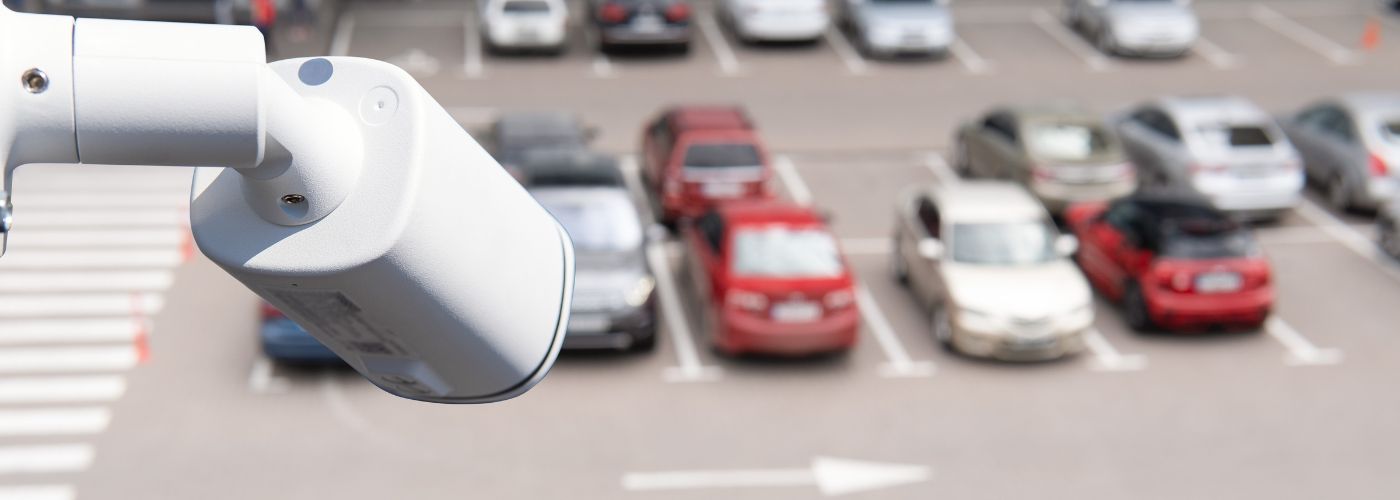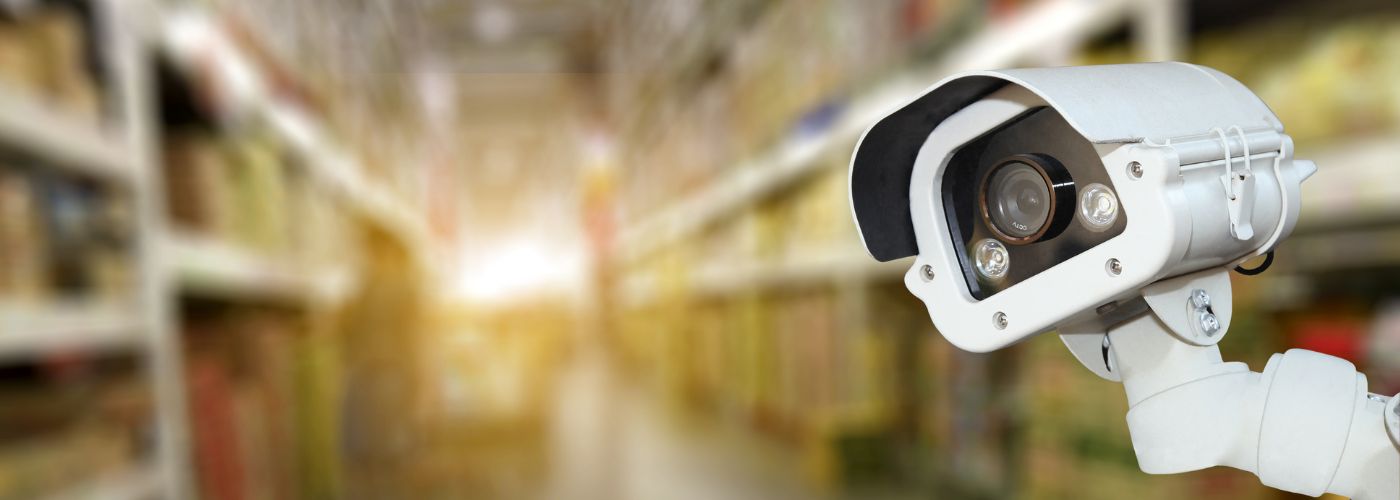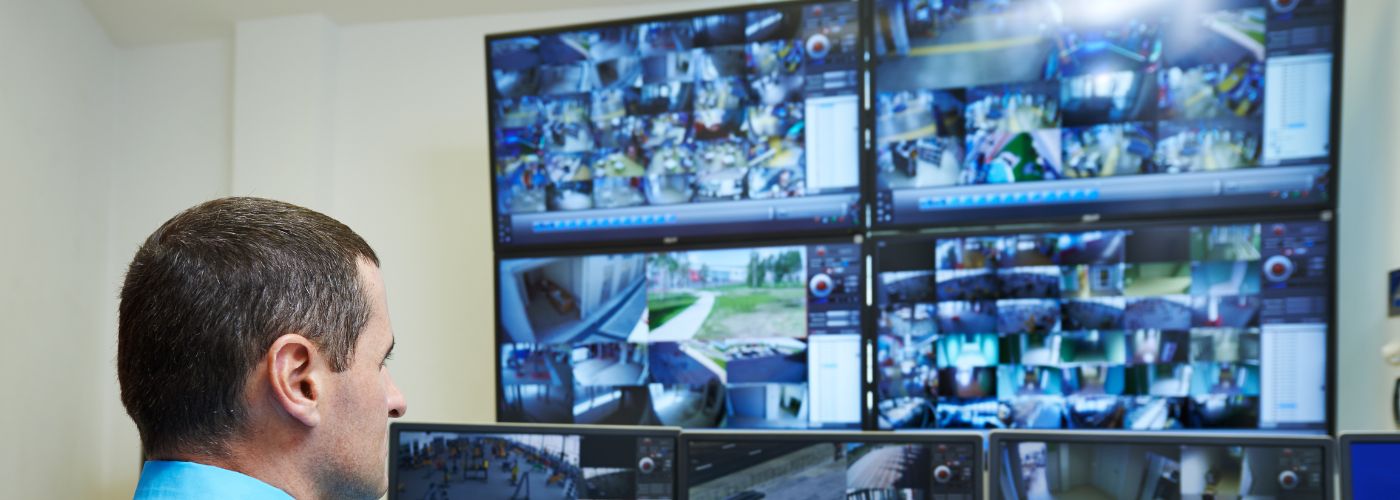In the fast-paced world of business, ensuring the safety and security of your assets, employees, and information is crucial. In this article, we will explore the top security systems for businesses that are tailor-made to protect businesses of all sizes and industries. Whether you’re looking to safeguard your physical premises or monitor employee activities, these innovative systems offer peace of mind and protection in an ever-evolving digital landscape.
Selecting A Security System For Your Business
When selecting a security system for your business, consider the unique needs and vulnerabilities of your specific industry.
Retail businesses may benefit from surveillance cameras to monitor shoplifting, while companies handling sensitive data may require advanced access control systems.
Integrating cybersecurity measures alongside physical security can provide a comprehensive defense against modern threats like cyberattacks and data breaches.
Another type of surveillance system that works great for businesses is an alarm system that can alert authorities in case of unauthorized entry or suspicious activity. This can deter potential intruders and provide peace of mind for business owners.

Additionally, implementing a monitoring service that can keep an eye on your security systems 24/7 can ensure quick response to any incidents.
Are Wired or Wireless Cameras Better For Businesses?
When it comes to choosing between wired and wireless cameras for businesses, each option has its own set of advantages and disadvantages. Wired cameras offer a more stable connection and consistent power source, making them reliable for continuous monitoring.
However, the installation process can be complex and time-consuming, requiring professional help in most cases.
On the other hand, wireless cameras provide flexibility in terms of placement and easy installation without the need for cables. They are ideal for businesses that require mobility or want to avoid the hassle of wiring. Yet, they may be more susceptible to signal interference or hacking compared to wired cameras.
Ultimately, the decision between wired and wireless cameras depends on the specific needs and priorities of a business, weighing factors like convenience, security, and budget constraints.
Deciding On Reactive vs Non-Reactive Security Systems
When it comes to deciding between reactive and non-reactive security systems, it is crucial to consider the specific needs of your home or business.
Reactive systems are designed to respond to security breaches after they occur, providing a sense of reassurance that action will be taken in case of an incident.
On the other hand, non-reactive systems focus on preventative measures, such as access control and surveillance cameras, aiming to deter potential threats before they happen.
While reactive systems may offer a quick response to security breaches, they may not always prevent damage or loss. In contrast, non-reactive systems provide a proactive approach that can help avoid situations where a reaction is necessary.
By combining elements of both types of security systems, you can create a comprehensive security strategy that maximizes protection for your property and assets while also minimizing risks and vulnerabilities.
Ultimately, the decision between reactive and non-reactive security systems should be based on a careful evaluation of your unique requirements!
Storing Your Footage In The Cloud vs A Hard Drive
When it comes to storing your footage, the decision between using the cloud or a hard drive is a critical one. While a hard drive offers physical storage that you can control, the cloud provides flexibility and accessibility from anywhere in the world.
Additionally, using the cloud eliminates the risk of data loss due to hardware failure or damage. Moreover, storing your footage in the cloud allows for easy collaboration with others as you can share files effortlessly.

On the other hand, relying solely on a hard drive may limit your ability to work remotely or share content with clients or team members.
Ultimately, considering factors such as security, convenience, and accessibility will help determine whether storing your footage in the cloud or on a hard drive is more suitable for your specific needs.
360 Monitoring vs Stationary Monitoring
When it comes to security monitoring, the choice between 360 monitoring and stationary camera monitoring can make a significant impact on the effectiveness of your surveillance system.
Stationary cameras offer a fixed field of view, limiting their coverage to specific areas. On the other hand, 360 monitoring provides a panoramic view, allowing for comprehensive coverage without blind spots.
One key advantage of 360 monitoring is its ability to capture a larger area with just one camera, reducing the need for multiple stationary cameras. This can result in cost savings and simplified installation processes.
Additionally, 360 monitoring offers real-time tracking capabilities, allowing security personnel to monitor activities seamlessly across different angles.
In contrast, stationary camera monitoring may be more suitable for focusing on particular areas or details that require close observation. While it may lack the scope of 360 monitoring, stationary cameras excel in providing high-resolution images and zoom capabilities for detailed analysis.
Other Cost-Effective Security Methods For Businesses
One cost-effective security method for businesses is to invest in a reliable alarm system.
Alarm systems act as the first line of defense, deterring potential intruders and alerting authorities in case of any suspicious activity. Additionally, modern alarm systems can be easily integrated with mobile apps, allowing business owners to monitor their premises remotely and receive real-time alerts on their smartphones.
Another effective and affordable security measure is the installation of flood lights around the perimeter of the business property. Flood lights not only illuminate dark areas that can serve as hiding spots for criminals but also make it easier for surveillance cameras to capture clear footage during nighttime.
By strategically placing flood lights at entry points and vulnerable areas, businesses can significantly enhance their security without breaking the bank.
